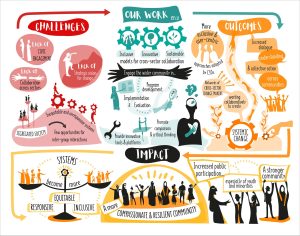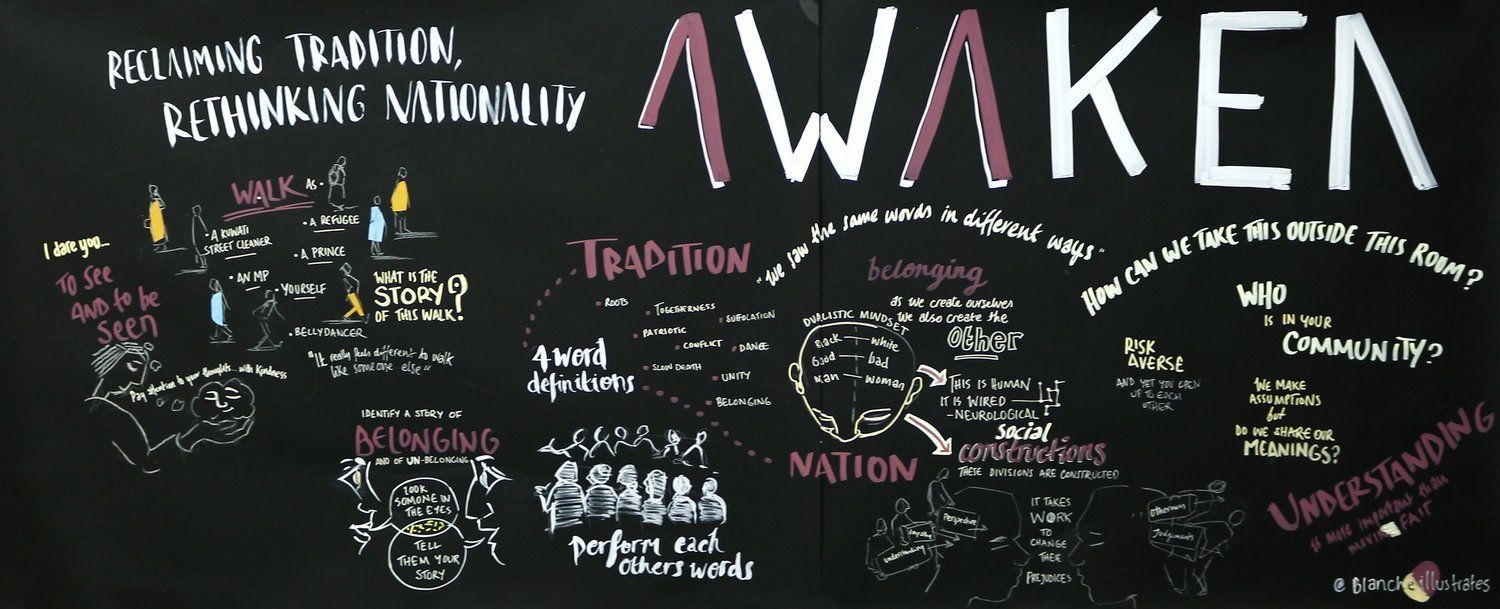Empowering Kenyans Through Justice: Chief Justice Martha Koome on Wellbeing in Kenya Empowering Kenyans Through Justice: Chief Justice Martha Koome on Wellbeing in Kenya
Stories from the Hearth
Reflections from:
Her Ladyship Chief Justice Martha Koome
Chief Justice of the Supreme Court of Kenya
🌍 Nairobi, Kenya
Her Ladyship Martha K. Koome assumed office as Chief Justice and the President of the Supreme Court of Kenya on May 21, 2021.
Prior to her appointment as the 15th Chief Justice of the Republic of Kenya, she was a Senior Judge of the Court of Appeal. During her stint as an Appellate Judge, she headed the Criminal Division of the Court and in addition, chaired Committees which developed the Court of Appeal Practice Directions in Civil and Criminal Appeals as well as the Registry Manual that standardized the registry experience at the Court.
At Hearth Summit Nairobi, the Chief Justice was chair of the pillar on restorative justice, providing deep insights on the role of formal and informal justice in societal wellbeing. She also spoke about the need to support the wellbeing of actors in the judicial system, like judges.
Read her reflections below, originally published on her blog, and watch her exclusive interview with The Star Kenya.
“I have the immense honour to co-host the Hearth Summit Nairobi, 2024 alongside Archbishop Anthony Muheria, Archbishop of Nyeri, Kenya, Wanjira Mathai, Managing Director, Africa and Global Partnerships, World Resources Institute and Edwin Macharia, Partner, Axum Kenya; The Wellbeing Project’s Advisory Board.
The Hearth Summit, hosted by local communities of changemakers, advances a hopeful vision of individual, collective and ecological wellbeing for all – catalyzing a culture of wellbeing for changemakers and in changemaking everywhere.
At this critical moment in our country and planet, wellbeing in all aspects remains core to our survival. At the Judiciary, we are focused on nurturing restorative justice which will heal the justice system by reshaping it through the lens of our innate, empowering age-old reconciliatory systems.
We are deliberately deploying green justice to ease remand and prison congestion and encouraging parliament to review our penal laws in alignment with the Constitution and post-independence state.
By investing in alternative justice systems, we acknowledge that justice is not only found in the formal court system but in homes, communities, places of worship and markets hence the need to have multiple ways of resolving disputes.
We will continue to nurture cohesion through justice and to find uplifting homegrown ways to ensure that the justice system holds safe and sacred the fabric of our society. As we protect the wellbeing of our nation, we also seek your support to nurture and protect the wellbeing of our exceptional judges, judicial officers and staff.
It is not the structure of the systems we build that guard our humanity, it is the humanness of those systems that make our lives dignified and worthy.”















































